DNA Sequencing
DNA Sequencing Committee
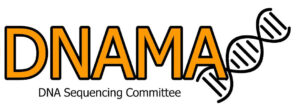 The primary goal of NAMA’s DNA Sequencing Committee (DNAMA) is to increase DNA-based research on North American fungi from NAMA and its members. Every member can participate in cutting edge research at every scale, from collecting and contributing fungal specimens to planning and executing their own research projects using Third Generation DNA Sequencing and we are here to help at every level. With this in mind, we have identified several specific services we can provide for NAMA and its members:
The primary goal of NAMA’s DNA Sequencing Committee (DNAMA) is to increase DNA-based research on North American fungi from NAMA and its members. Every member can participate in cutting edge research at every scale, from collecting and contributing fungal specimens to planning and executing their own research projects using Third Generation DNA Sequencing and we are here to help at every level. With this in mind, we have identified several specific services we can provide for NAMA and its members:
- Protocols, Education, and Support
- Connecting People with Research Projects
- Connecting People with Sequencing Resources
- Sequencing Vouchers Collected at NAMA Forays
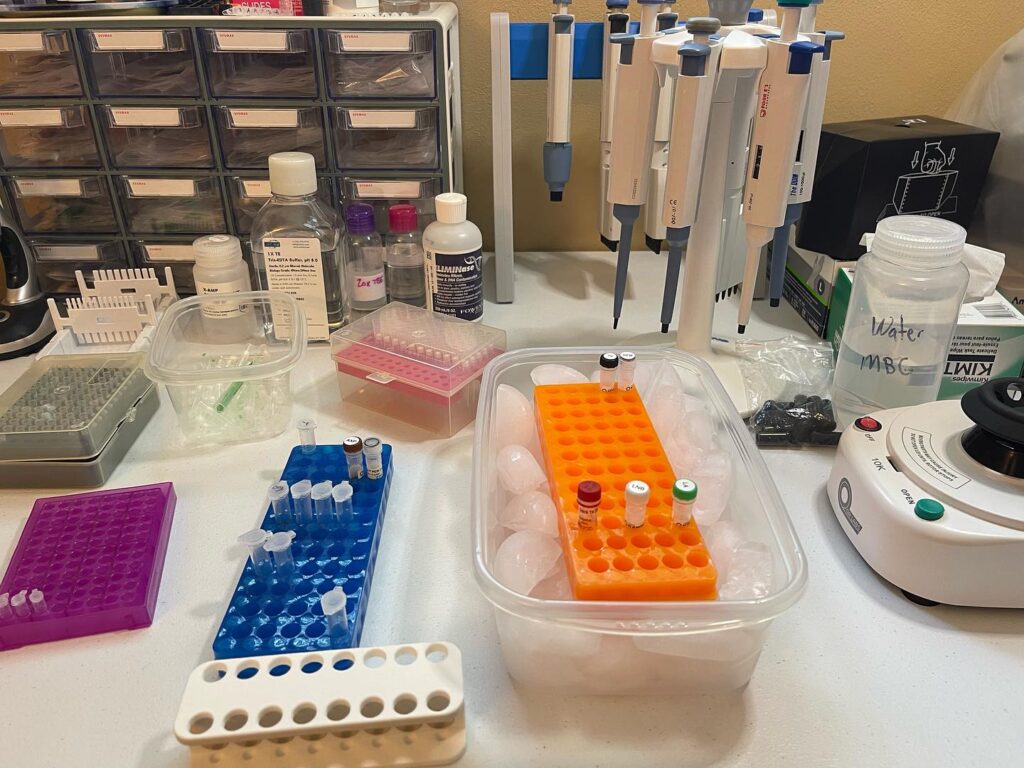
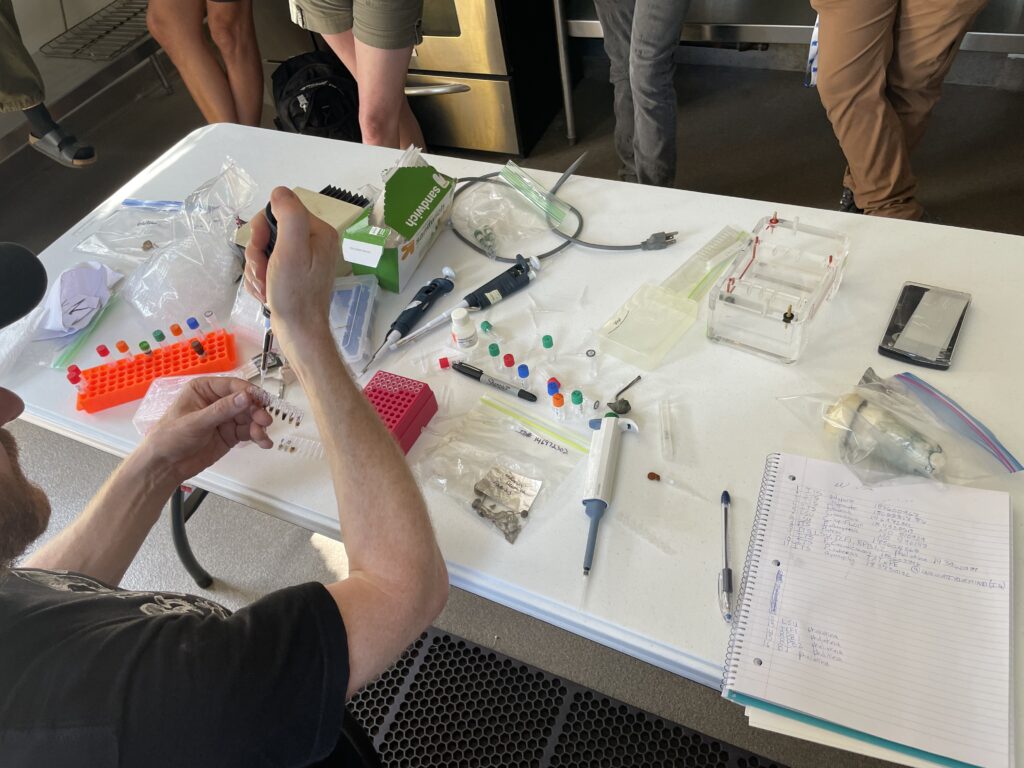
Protocols, Education and Support
There are as many protocols as there are species of Mycena and it is not always easy to find the best and most efficient methods for mycological research. We are working to compile useful resources and guidance but one of the best resources we have are our committee members who have extensive experience with different aspects of the process from making and submitting collections through advanced sequencing technologies and phylogenetics. We have identified the following subjects where we can provide guidance.
Protocols and Standardization
One shouldn’t have to reinvent the thermocycler to do DNA sequencing. With so many methods available, getting started can feel overwhelming. Through the troubleshooting of countless mycologists, a few methods have gained the most traction and are widely used with great success. We present to you here protocols that we find are the most reliable. . Please don’t hesitate to reach out if you have any questions about the protocols.
Data Hygiene and Traceability
After you have gone through all the hard work of DNA sequencing, we want to make sure that these results are findable and reusable according to FAIR data-management principles, not to mention accurate. One of the worst things that can happen is that all of these interesting sequences end up lost on an external harddrive in a club closet somewhere where other researchers cannot find them. It is important to provide raw data whenever possible to establish reproducibility and increase scientific value. If you have sequences that have not been made available on a public database like Genbank, let us know and we can help with this process as well as make sure the raw data is stored and made available.
Data Interpretation
Sometimes generating a DNA sequence is only half the battle. Interpreting and understanding your results can be difficult and confusing even with an advanced degree and years of experience. Sometimes exploring phylogenetics might help clarify the situation, identifying reputable reference material may be the most helpful, or asking an expert on the group in question might be your best bet. Feel free to ask about data interpretation and we will do our best to help you.
Software and Hardware
Investing in programs and equipment to perform your own DNA sequencing does not have to be expensive but not all are made equal. While there are several free software choices for data analysis and interpretation, the cost in terms of time may make purchasing worthwhile in the long run. We will provide general guidance on options, highlight some of the existing resources, and are available to help troubleshoot.
Specimen Archiving
Sequence data is less valuable without a vouchered, preserved specimen available for future research. We would love to help you find the best solutions to storage and archival, whether personally or, better yet, in an established fungarium.
Connect People with Research Projects
Existing Projects
If you want to know what you can do to partner with existing research projects, look no further. We will maintain opportunities to work with researchers from contributing specimens to learning DNA data analysis techniques while volunteering. Some projects involve partnering with professional mycologists at universities and other institutions while others come directly from NAMA.
New Projects
If you have an idea for a project and want volunteer help, let us know!
Connect People with Sequencing Resources
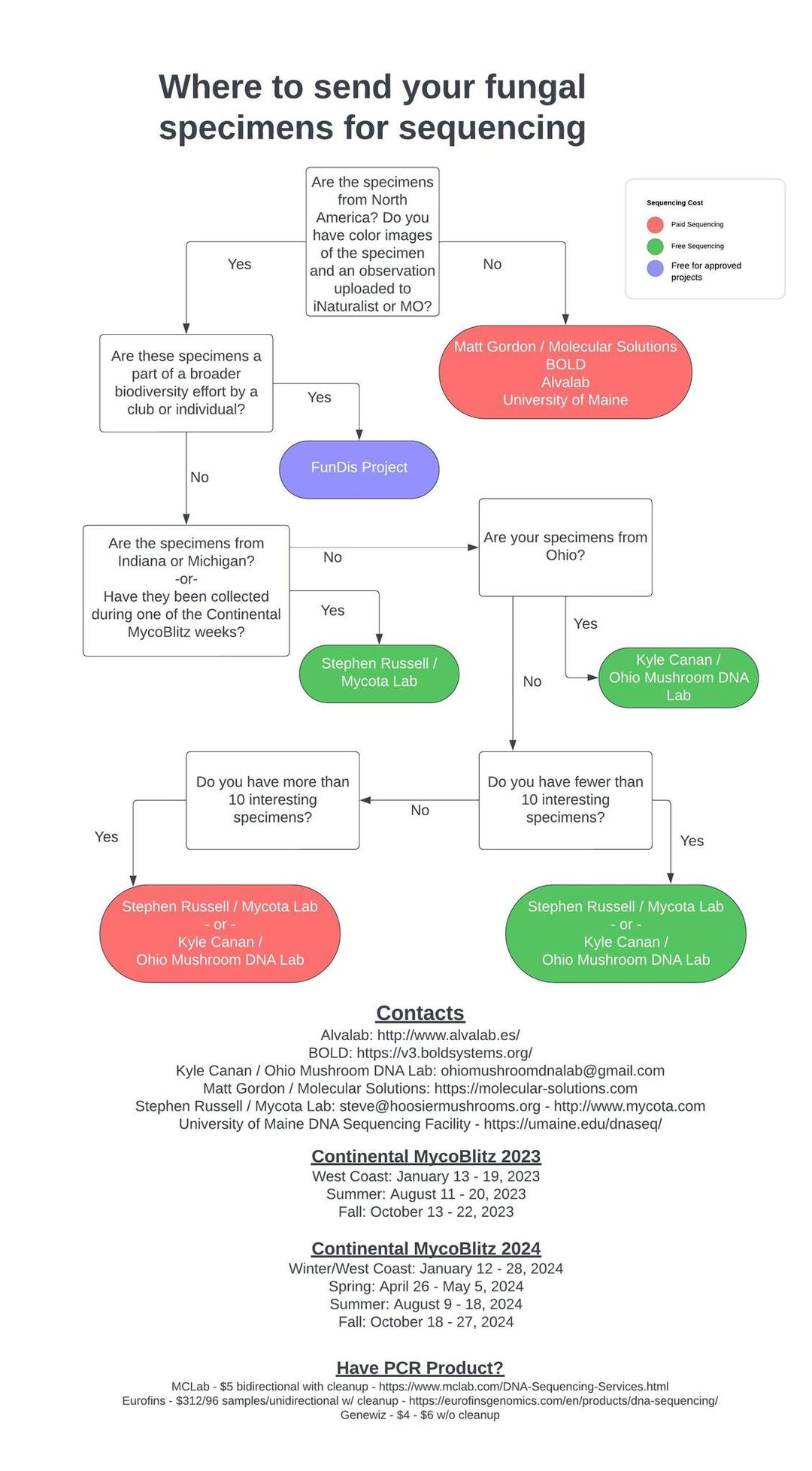
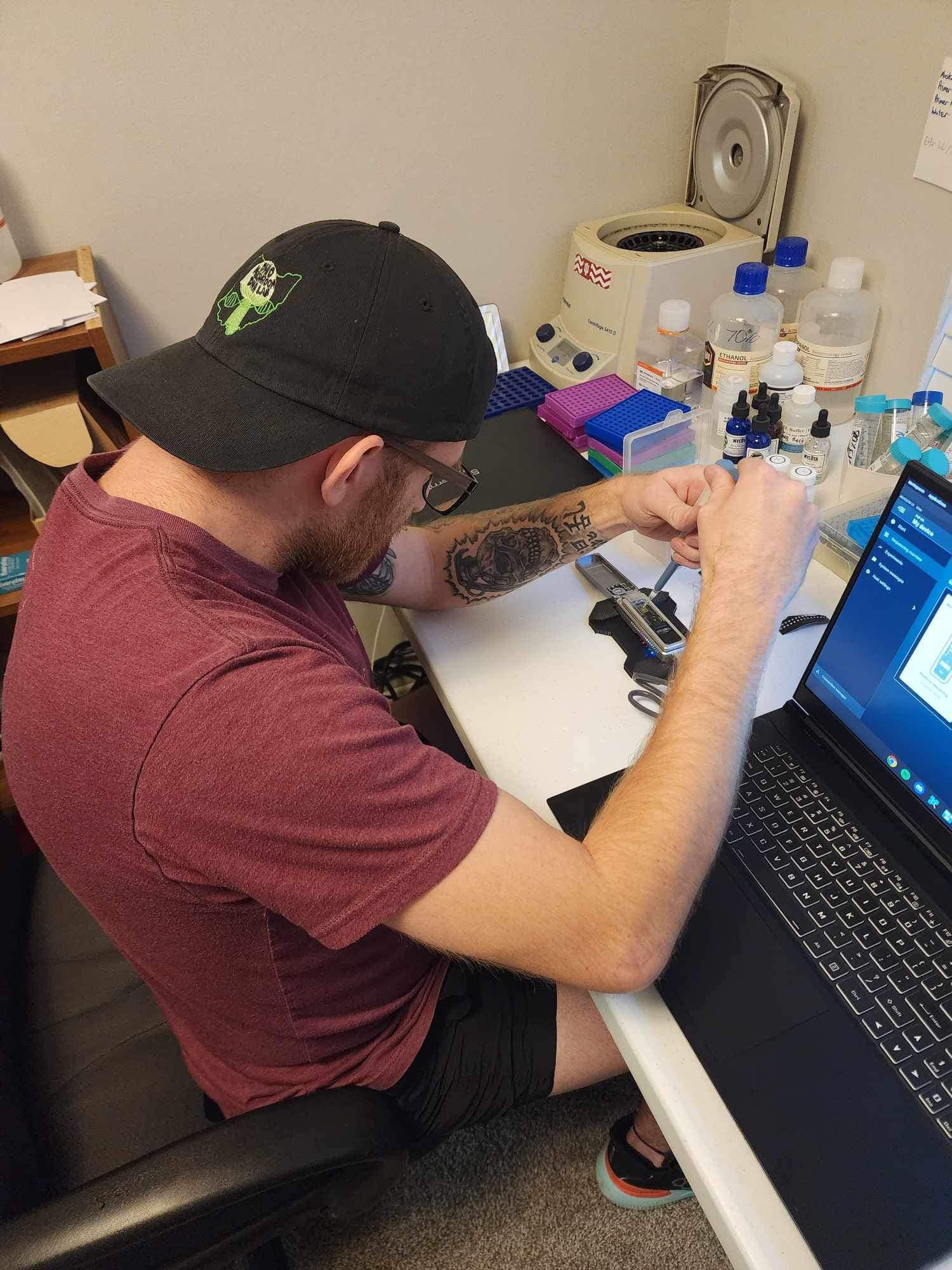
Sequencing Vouchers Collected at NAMA Forays
We are going to be partnering closely with the NAMA Vouchering Committee to sequence as many specimens as possible from annual and regional NAMA forays. After the DNA has settled, we will make sure you all get to hear about all of the interesting results that foray participants have helped generate!
Contact Us
We are here to help! Please do not hesitate to reach out to us at [email protected] with any questions or if you are interested in participating.
Friends and Partners
FunDiS – https://fundis.org/
Mycota – https://mycota.com/
Ohio Mushroom DNA Lab – link coming soon
FaceBook Fungal Sequencing Group – https://www.facebook.com/groups/1518518735036195
Additional Information and Resources
Survey of NAMA Affiliated Clubs about DNA Sequencing Interest and Experience – https://drive.google.com/file/d/1FXq5JoZxcRacy7gXf-pGOyyV6nh1laK7/view?usp=sharing

NAMA Store >